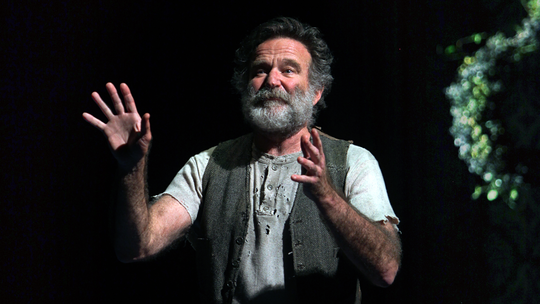Published by ConservativeHome
 “Able-bodied actors should not play disabled characters,” says film critic Scott Jordan Harris, writing on the website of the late Roger Ebert. “That they so often do should be a scandal,” Harris submits.
“Able-bodied actors should not play disabled characters,” says film critic Scott Jordan Harris, writing on the website of the late Roger Ebert. “That they so often do should be a scandal,” Harris submits.
He develops his argument from the anti-discriminatory moral perspective of social equality, advancing that the modern world should no more entertain the able-bodied playing a disabled character than we would a white man playing the Moor of Venice or a chap in Ptolemaic drag prancing around the stage as Egypt’s Cleopatra. Indeed, audiences would most likely find justifiable grievance in a pale actor donning “the Thick-lips” of Othello, or having to watch “Some squeaking Cleopatra boy (her) greatness / I’ th’ posture of a whore”. Nowadays black people play black characters and women play Shakespearean heroines, so there is a certain logic in the belief that disabled roles should be reserved for disabled thespians: in Harris’s terminology, the “performance is automatically authentic”. Continue reading →



